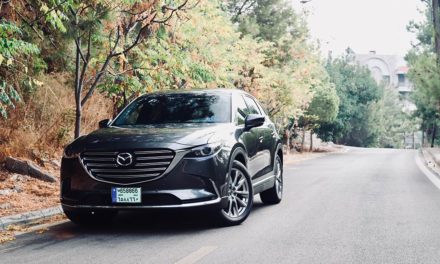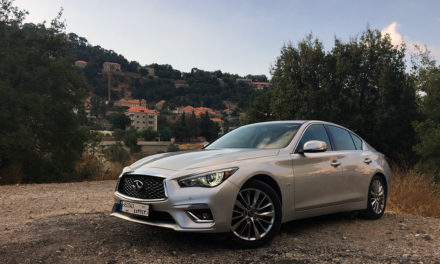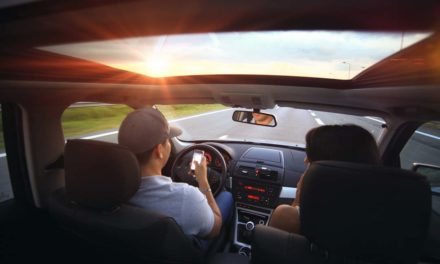Imagine for a moment that after decades of working hard, establishing yourself as a respected member of society, raising a family and later grandchildren, some young upstart were to come along and tell you that you’re too old to drive.
Personally, if later at some point in life I were to be at the receiving end of that remark, well, my response would not pass the censors.
Most people who breach this topic with an elderly relative or friend probably find it among the hardest things to discuss. After all, telling someone you care about that they’re too old to drive is essentially like chipping away at their rights, dignity, self-esteem and independence, not to mention suggesting that they have become invalids.
And if doing so makes you feel uncomfortable, guilty and distressed, that’s because you’re approaching the topic from the wrong direction. The truth is, there is no particular age at which people should stop driving, and suggesting there may be one is just disrespectful and presumptuous.

“The truth is, there is no particular age at which people should stop driving”
Different people age at different rates; some are fit well into their 80s and even 90s, while others grow frail and develop medical problems much sooner, all depending on a plethora of circumstances in each person’s life.
That means age may not directly compromise someone’s ability to drive, but medical conditions that appear with age definitely do call for certain precautions. In other words, it’s not about how many birthdays you’ve had, but rather about how fit you are.
As people get older, they experience certain declines that impact driving, particularly slower reaction times, compromised night vision and reduced mobility. Difficulty in making out road signs at night, recognizing road hazards or turning around to check for cars or pedestrians can all lead to mishaps and even prove deadly. Even reduced muscle tone can make it more difficult to navigate a car as one grows older.
But these declines are not signs that you should hang up the keys for good. Rather, like any health concern, your first response should be to remedy the situation and improve your health.

If you’ve lost muscle tone, start exercising and adopt a healthier lifestyle and eating habits to restore your strength and dexterity. A visit to your ophthalmologist could very well help you resolve the worst of your night vision problems. In fact, as you get older, these are all things you should be addressing seriously regardless of whether or not driving is a concern.
And then there’s the Q factor. You may not be James Bond, but advances in technology have seen to it that you too can have really cool gadgets in your car that make driving much easier. Parking sensors? Check. Rear view cameras? You got it. You’re lost and you need directions to get home? Navigation system, baby! Cars that can parallel park without any input? Oh yeah! Comfort access, cellphone pairing, self-adjusting seats, run flat tires, glare-dimming mirrors, and so on and so forth. I don’t know about Daniel Craig, but Sean Connery never had it that good!
The point is, if you want to continue driving as you get older, for the most part you can. But there will inevitably come a time when you see warning signs like one too many fender benders, missed turns, traffic citations, or people just honking their horns at you, all indications that you need to take further precautions.
At that juncture it’s probably advisable to restrict your driving habits. Try to avoid driving at night, take the easy scenic route instead of the fast motorway, keep driving distances short, or rest frequently on longer trips. Whenever you can, let someone else drive while you ride shotgun – that’s actually a preference for people of any age who are familiar with Beirut traffic!

And if your concern is for the safety of an elder loved one or friend and you absolutely must have “the talk,” do be thoughtful when you tackle the subject. Earning the right to drive is a young person’s first real experience with freedom, to go where they want, whenever they want. Asking them decades later to surrender that freedom is harsh, and most likely will not go down well.
Instead, take the positive approach. Ride with them as a passenger, and when the opportunity arises, remark about the horrendous traffic, complain about the road hazards and air the reasons for your own distaste for driving. And if you catch the warning signs of compromised driving ability, suggest a visit to the doctor to help fix that neck ache or blurry vision.
It’s also best to start years earlier, giving elder drivers the opportunity to gradually recognize their own decline and either address their shortcomings or decide, on their own, that it’s finally time to hang up the keys.
A version of this article appeared in the print edition of The Daily Star on April 6, 2013.
















